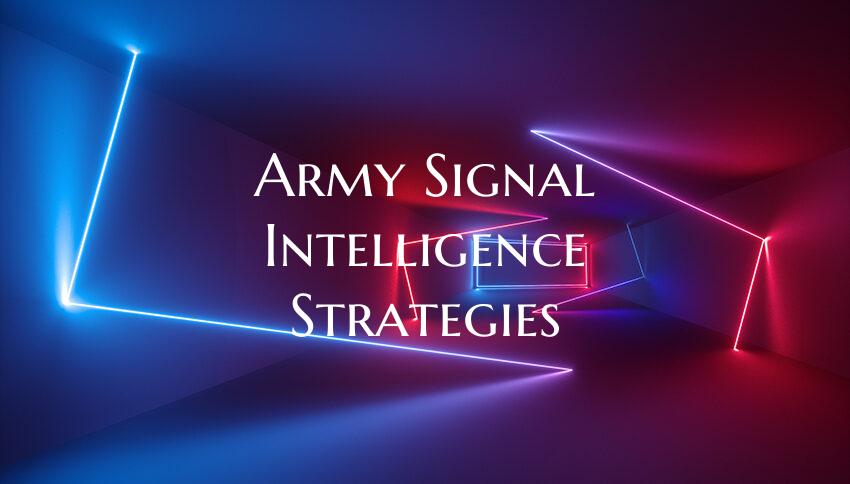Army Signal Intelligence Strategies
In the modern battlefield, information is crucial for military success. Army Signal Intelligence strategies play a vital role in ensuring that armed forces have the necessary intelligence to make timely and informed decisions. From intercepting enemy communications to analyzing electronic data, Signal Intelligence (SIGINT) has become a cornerstone of military operations.
One key strategy employed in Army Signal Intelligence is the collection of electronic signals emitted by adversaries. This information can include communication transmissions, radar emissions, and electronic signatures that provide valuable insights into enemy movements, intentions, and capabilities. By intercepting and analyzing these signals, military intelligence personnel can gain a better understanding of the battlefield environment and potential threats.
Another important aspect of Army Signal Intelligence strategies is the decryption and analysis of encrypted communications. As adversaries use sophisticated encryption techniques to secure their messages, SIGINT specialists work tirelessly to decipher these codes and extract valuable intelligence. By breaking through encryption barriers, the military can uncover enemy plans, identify high-value targets, and disrupt hostile activities.
Furthermore, Army Signal Intelligence involves the use of advanced technologies such as drones, satellite imagery, and cyber capabilities to gather intelligence from the electromagnetic spectrum. These tools enable military forces to conduct surveillance, reconnaissance, and cyber operations to support their missions effectively. By leveraging these technologies, the military can maintain a strategic advantage over adversaries and enhance its situational awareness on the battlefield.
In addition to collecting and analyzing signals, Army Signal Intelligence strategies also focus on protecting friendly communications from interception and exploitation. Through the use of encryption, secure communication protocols, and information security measures, the military can safeguard its own information and maintain operational security. By implementing robust cybersecurity practices, military units can prevent unauthorized access to sensitive data and ensure the confidentiality and integrity of their communications.
Overall, Army Signal Intelligence strategies are essential for military success in the modern era. By collecting, analyzing, and protecting electronic signals, the military can gain a significant advantage over adversaries, make informed decisions, and achieve mission objectives effectively. As technology continues to evolve, Signal Intelligence capabilities will remain critical for enhancing national security and supporting military operations in an increasingly complex and interconnected world.

